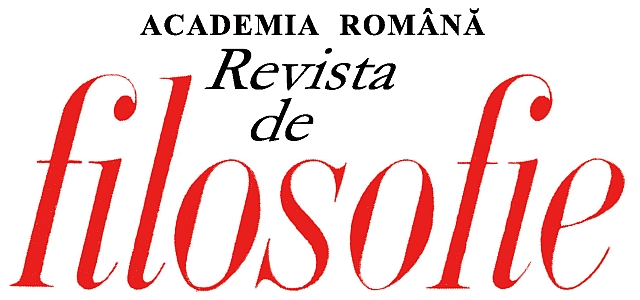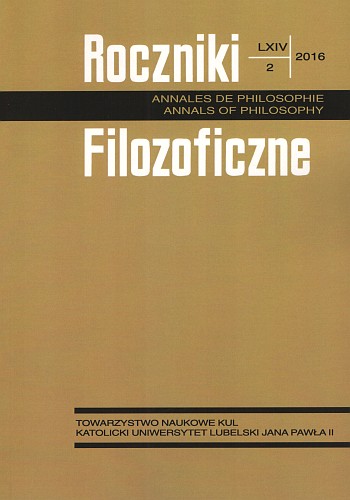
Najkrótsze aksjomaty modalnej logiki Łukasiewicza
We show that the formula CLpEqLq axiomatizes Łukasiewicz’s modal logic and that there exists no shorter axiom for it.
More...We kindly inform you that, as long as the subject affiliation of our 300.000+ articles is in progress, you might get unsufficient or no results on your third level or second level search. In this case, please broaden your search criteria.

We show that the formula CLpEqLq axiomatizes Łukasiewicz’s modal logic and that there exists no shorter axiom for it.
More...
The aim of the article is to analyse Joseph M. Bochenski’s superstitions in logic with reference to issues of pluralism in logic, which is widely discussed in the contemporary philosophy of logic. I concentrate on a superstition known as “relativity in logic”. It emerged contemporarily with the construction of non-classical logical calculi. I make an attempt at considering logical pluralism in the sense of co-existence of infinitely numerous logical systems as ruling out the unity of logic and negating its normative nature. I also try to determine if it is possible to deduct relativity in logic from the fact of logical systems pluralism.
More...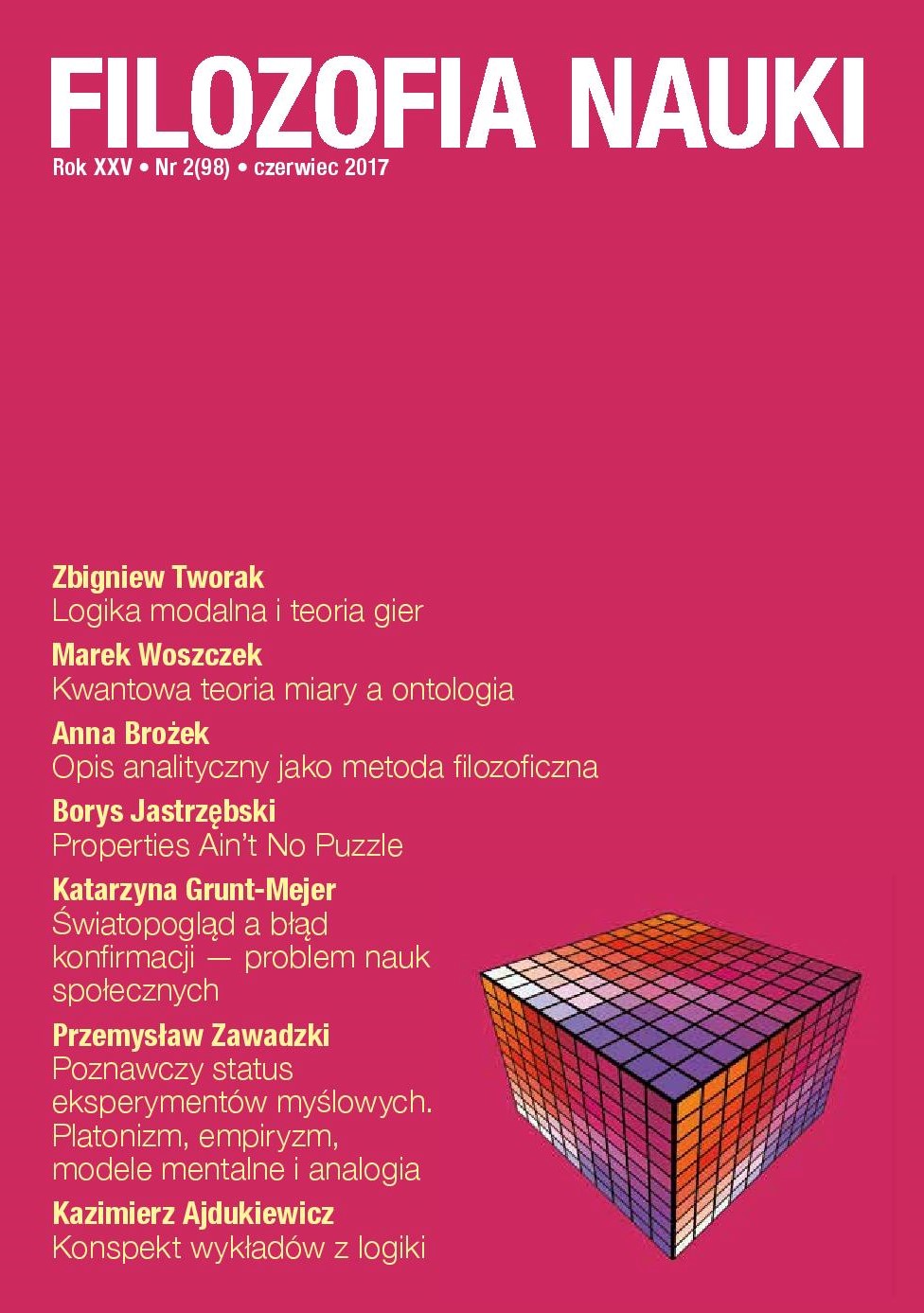
In this paper, I demonstrate the fruitfulness of looking at modal logic from the perspective of game theory. In particular, I show how games in strategic form can be transformed into Kripke’s models for a multi-modal logic that combines the concepts of strategy profile, preference, and knowledge. The logic is sufficiently general to express solution concepts such as the best response, Nash Equilibrium, and Iterated Deletion of Strictly Dominated Strategies. Moreover, the logic allows us to derive the conditions on which these concepts are based.
More...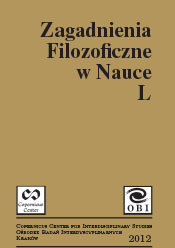
In the philosophy of logic the following questions are discussed: What is logic? Which formal systems are systems of logic? What does make them systems of logic? The paper presents and analyses the answers to these questions given by Susan Haack. She adopted the strategy, called the “hospitable policy”, giving the criterion in which formalism is a logical one. In the article I discuss whether the validity of her solutions is correct.
More...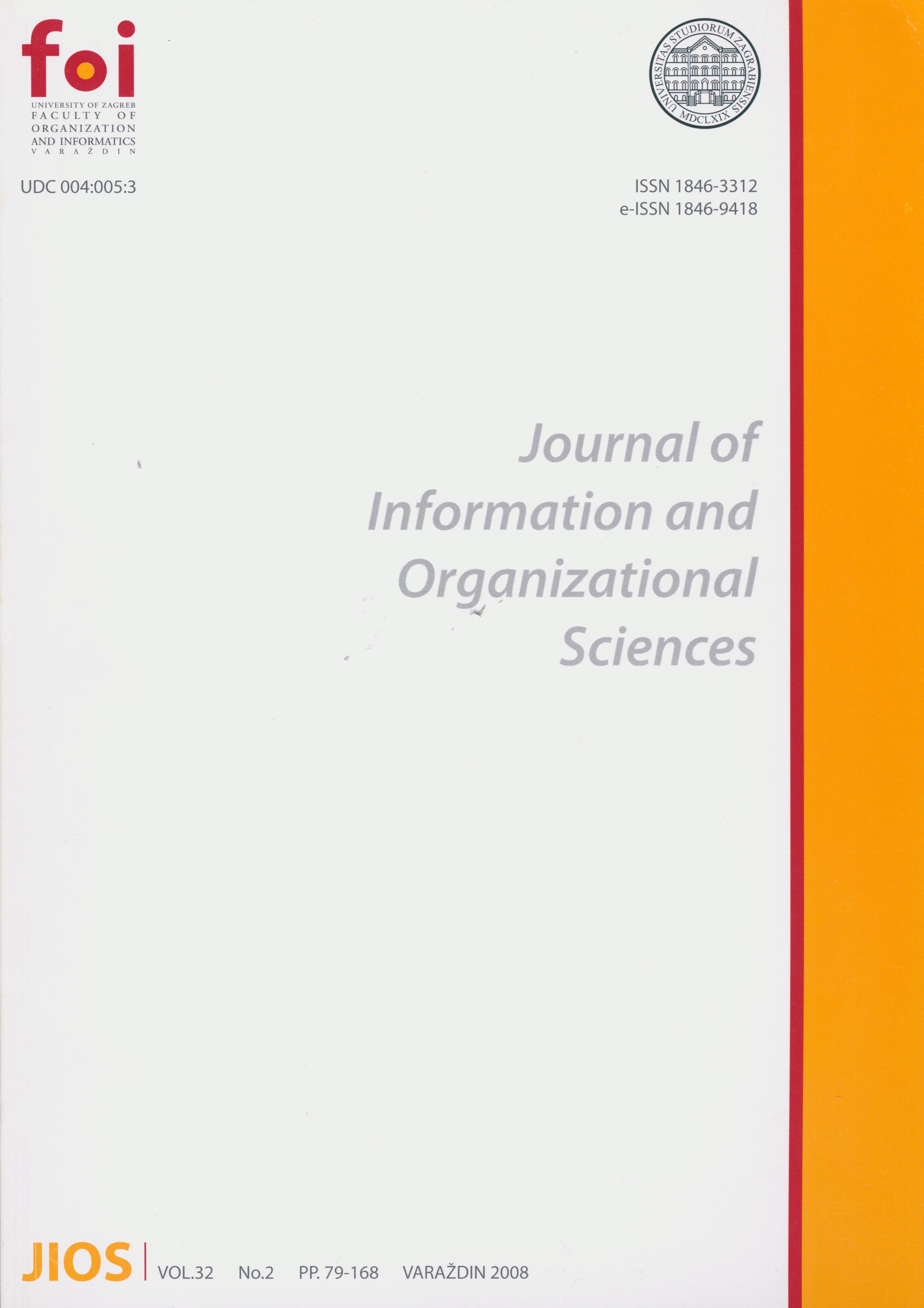
The paper deals with the problem of the fuzzy data clustering. In other words, objects attributes can be represented by fuzzy numbers or fuzzy intervals. A direct algorithm of possibilistic clustering is the basis of an approach to the fuzzy data clustering. The paper provides the basic ideas of the method of clustering and a plan of the direct possibilistic clustering algorithm. Definitions of fuzzy intervals and fuzzy numbers are presented and distances for fuzzy numbers are considered. A concept of a vector of fuzzy numbers is introduced and the fuzzy data preprocessing methodology for constructing of a fuzzy tolerance matrix is described. A numerical example is given and results of application of the direct possibilistic clustering algorithm to a set of vectors of triangular fuzzy numbers are considered in the example. Some preliminary conclusions are stated.
More...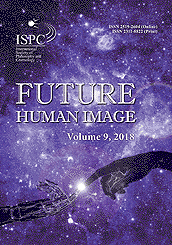
The challenges of the global time require new solutions and up-to-date ways of thinking and communication. These challenges call for the ability to use critical thinking to face the ever-changing world and the ability to maintain a dialog based on the effective skills of communication. Studies in the fields of logic and argumentation theory are of particular importance in this regard. Nowadays they can be presented as a mix of theoretical and practical approaches.In this paper, I will present my reflections on informal logic, which was formed in the late 1970s. Unfortunately, in spite of numerous papers, books, and text-books published over the last forty years,consensus on many issues in this field has not been achieved so far. Therefore, it is difficult to treat informal logic as one of the well-defined approaches to argumentation. The goal of this paper is to take a look at the place of informal logic in state-of-the art study of argumentation by clarifying its subject matter and figuring out the realm to which informal logic belongs
More...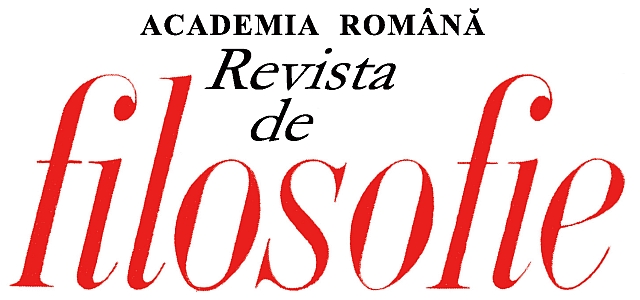
In this study, we are concerned about the simplest kind of sorites,containing four terms and three premises. Using the extension conservation principle, itfollows that there are 16384 valid sorites moods belonging to 8 figures. From thesemoods, 44 have only positive terms. One of the sorites figures contains no valid moodswith positive terms.
More...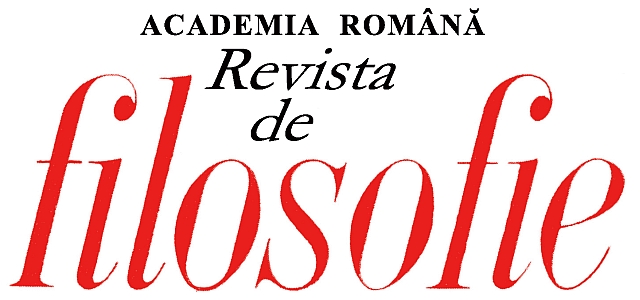
My study aims to analyze some aspects of the term pseudoparadox. The study follows two of my recent papers, (3) and (4), in which I have analyzed inclusively several issues regarding the current definitions of the paradox. The objectives of the study: 1) the intension and extension of the term pseudoparadox, 2) the most important types of pseudoparadoxes, 3) the relation between pseudo-paradoxes and paradoxes. Finally, I propose to the reader, as an exercise, the examination of an argument regarding its categorization in the species of paradox and pseudoparadox discussed in my paper.
More...
The present concern is to outlook what kind of opposition staysbetween the premises the negation of the conclusion on classical inferences. As from such a set of premises are deducible contradictory conclusions, someone concludes that the premises must be tensioned by the same kind of opposition. I proof, on a finite number of classical inferences, that it is not like this. Moreover, such an opposition between the premises is showed to be the contrary, that means a non-classical kind of opposition. The actual paper stays under a wider idea as separation between classical and non-classical logic.
More...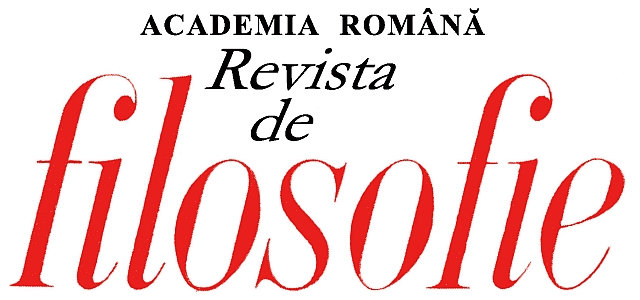
My study is an approach of the paradoxes in thecontext of general theory of logical errors. I have set out to show: 1) if the paradoxescan be attributed to a particular error, or to a category of logical errrors, and 2) ifparadoxes can join paralogisms, sophisms and apporias into a unitary approach. At thesame time, I have attempted an analysis of Aristotle’s paradox concept in directcomparison with modern paradoxes. Remarcable for Aristotle’s paradox analysis is therole of the question. On account of paradoxical interogation, and because of it, I haveintroduced the distinction between the active and pasive contradiction. As I have triedto show, paradoxes, in the modern sense of the term, are passive contradictions,needing to be activated through questioning. In the final part, I have discussed the limitsof the paralogistic conception regarding paradoxes.
More...
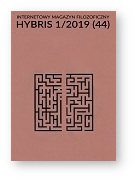
The argument tu quoque is widely called a logical fallacy. The aim of this study is to show, that this theorem is ill-considered. The text is focused on the analysis of various examples of tu quoque. This analysis leads to the conclusion that there are logically correct tu quoque. There are given some examples of such tu quoque. Main theorem of the article is that tu quoque is correct if it’s used as some kind of mental shortcut refer- ring to other arguments.
More...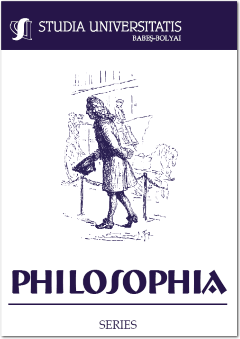
Warrant and Conditions for Warrant in Alvin Plantinga’s Philosophy. Warrant is the central concept of Alvin Plantinga’s epistemology. As Plantinga suggests it, warrant is that quantity or quality which together with belief and truth constitutes knowledge. This paper, intends to present broadly the concept of warrant and to analyze the conditions for warrant in order to see if the conditions proposed by Plantinga are necessary and sufficient for a belief to be considered knowledge.
More...
The Limits of the Formal Treatment of Language. Within the philosophy of language there is a distinction between the natural language philosophers and the ideal language philosophers. The distinction is drawn based on the way these philosophers reflect on language and the world. Natural language philosophers stress the context-based feature of meaning, while the ideal language philosophers emphasize the context-free feature of meaning. In my study I want to show that that even within the formal study of language, in the apparent absence of any context, the notions of valuation and interpretation help us to understand the meaning of sentences.
More...
Self-reference and the Limits of Thought. This paper explores the connection between the natural language and a formal language from a particular point of view: self-referential constructions. Such constructions lead to some kind of limits of thought, either in the form of paradoxical constructions (Liar-type or Grelling-type), or in the form of the so called limitative theorems in mathematical logic (e.g. Gödel’s theorem). By deriving Gödel’s significant results from paradoxical constructions the limitative character of such self-referential constructions is preserved, but they open the ways for a new representation of a great variety of arguments in the field of logic, mathematics and philosophy.
More...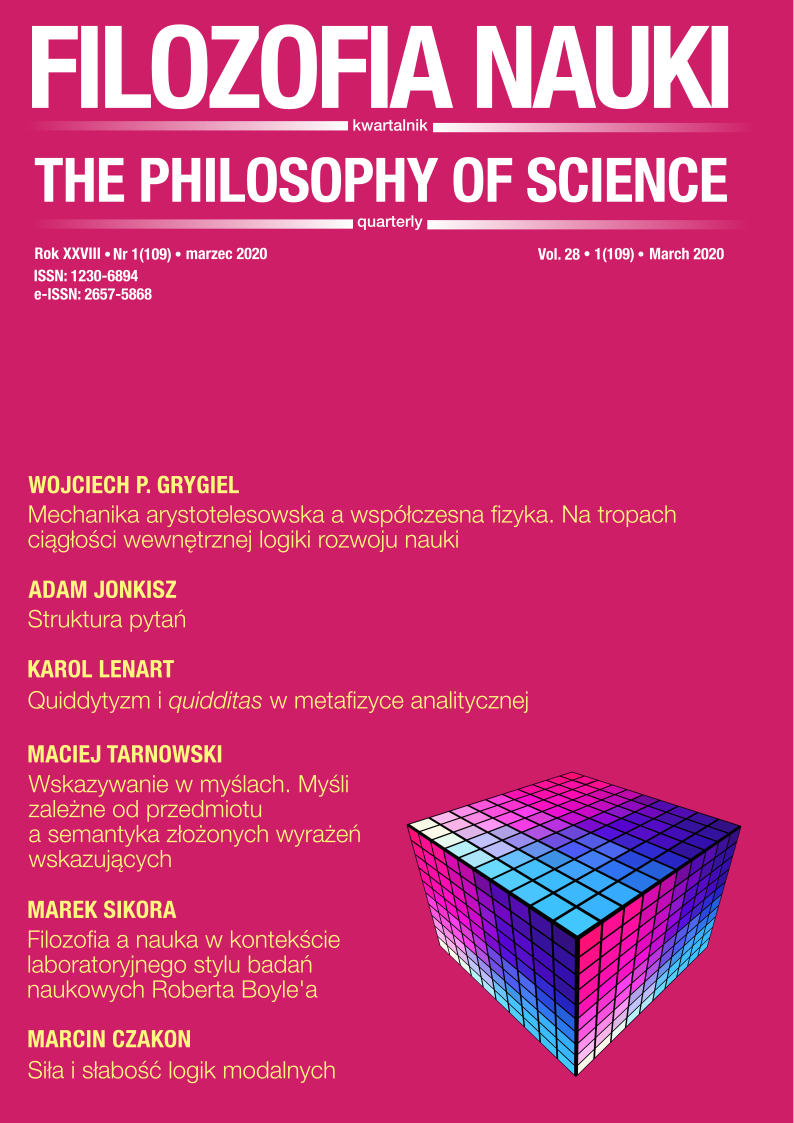
This is a review of the book Jedność i wielość logik modalnych (The Unity and Diversity of Modal Logics) edited by Marcin Tkaczyk. The book contains discussions of the most recent results of contemporary modal logic, focusing on regular modal logics, epistemic logic, and temporal logic. The book comprises four chapter, each of which deals with selected formal-logical and philosophical problems associated with modal logic.
More...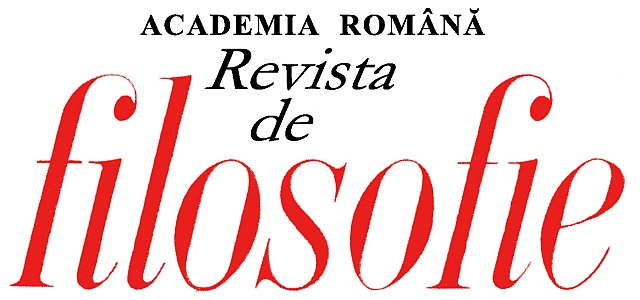
The purpose of the current paper is to develop the beginning of logical calculation for a first variant of actional impossibility interpretation. It is about the interpretation by modal logic. Human action requires several kinds of ability. A special kind of them is the ability to stand against the acts or forbearances ability of the others. That is to create the actional impossibility by an action agent for another one. This can be interpreted in two ways: as actional impossibility by modal operators and as a lack of ability. In this article we deal with actional impossibility by modal operators. This means a shift through modal concepts as necessary and şi possible. It also means the appeal to the set of possible worlds. And involves at least two drawbacks: contradiction and circularity. As such it remains to try the other interpretation: the lack of ability. Which is also, an opening for a further concern.
More...
Amending Mark Colyvan's views, I develop a Quinean view of the indispensability of abstract objects, according to which the indispensability of objects does not extend beyond the truth of existential claims involving them, conditional upon the truth of the theory positing those objects.
More...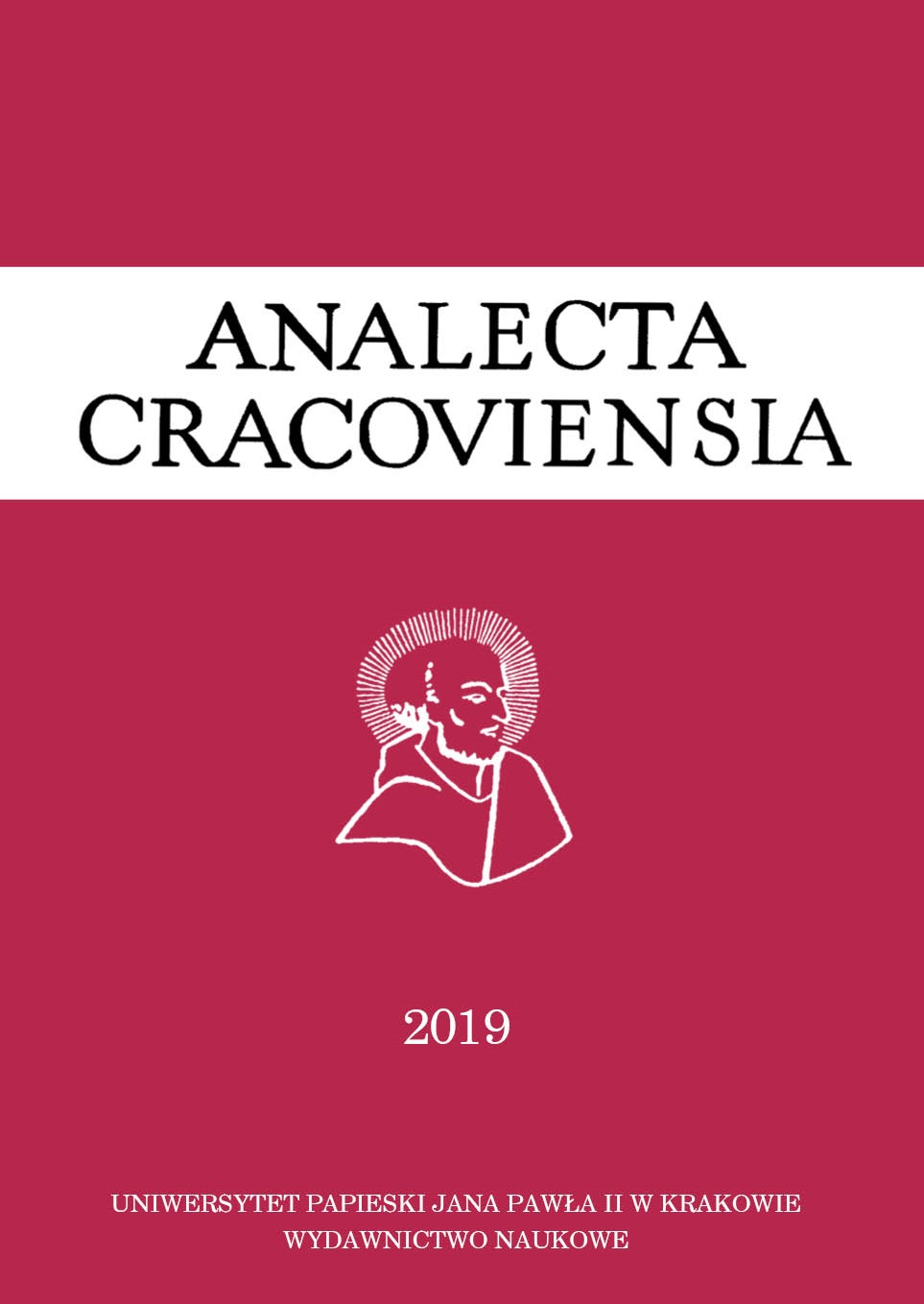
After a brief reminder of the, so called, Linda problem and its solution by Kahneman & Tversky (KT) (the tame solution), I point out the implications of the solution adopted by the KTs. Among these implications, I emphasize the importance of the relation of probability between the sentences: eLinda is active in a feminist movementf (F) and eLinda is a bank teller and active in a feminist movementf (TČF); while in KTfs paper the main emphasis was put on considering the relationship between the probability of sentences: eLinda is a bank tellerf (T) and eLinda is a bank teller and active in a feminist movementf (TČF). I offer a critical argument against the zero hypothesis H0 that eat least 85% of the respondents will choose the sentence F as more likely than the sentence (TČF), and the opposite consequently will be selected at most by 15% of the respondents;f being drawn from the assumptions made by Kahneman and Tversky. This hypothesis will be further partially refuted by means of results from the surveys N0.1. and N0.2. Then the reasoning supporting the result of surveys is presented and finally critical conclusions will be derived.
More...